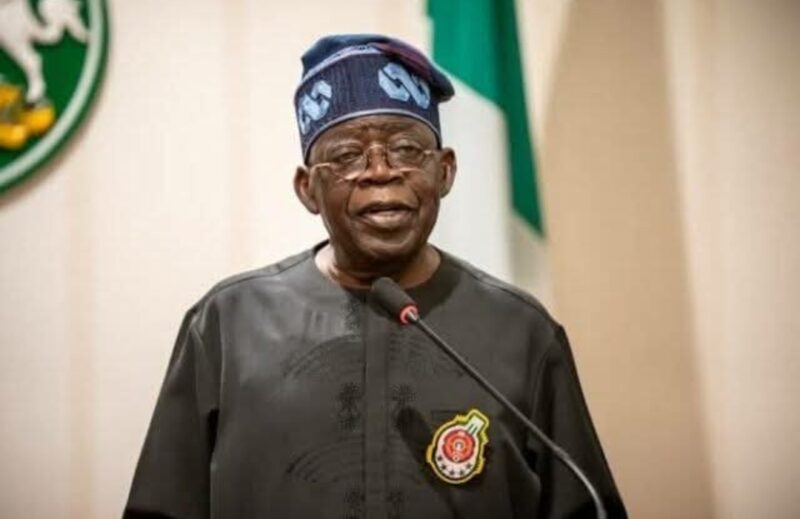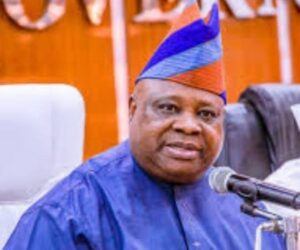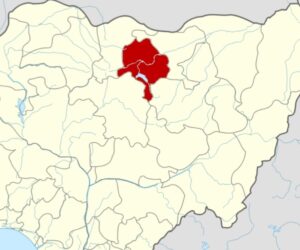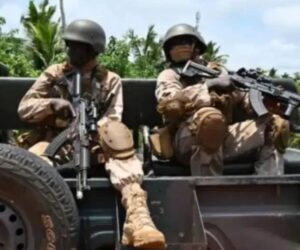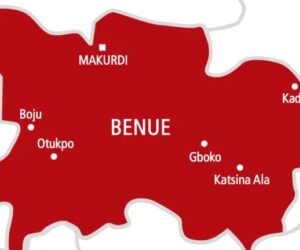President Bola Tinubu has called on West African leaders to advocate for the designation of resource theft, illegal mining, and mineral smuggling as international crimes, emphasizing that these acts pose serious threats to regional peace, stability, and development.
Represented by the Secretary to the Government of the Federation, George Akume, Tinubu made the appeal in Abuja on Tuesday while officially opening the Annual General Meeting of the Network of National Anti-Corruption Institutions in West Africa (NACIWA).
The President expressed concern that, despite decades of independence, the region’s economic and political progress continues to be undermined by corruption and the illicit looting of mineral resources. He noted that the proceeds of such crimes not only deprive citizens of development benefits but also fund insecurity, including the proliferation of small arms, banditry, and kidnapping.
Advertisement
READ MORE : Niger Police Arrest Two Over Illegal Firearms Possession, Attempted Homicide
“West Africa’s post-independence economic and political trajectory is blighted by corruption, manifest in the theft and stashing of our commonwealth abroad by corrupt officials. Even now, illicit outflows remain an odious miasma. Stealing of mineral resources is on the rise in the region, fueling the proliferation of small arms and light weapons, and other violent crimes such as kidnapping and banditry,” Tinubu said.
“I believe the time has come for us to designate resource theft, mining, and stealing of minerals in the region as an international crime that threatens the stability of the region and galvanize the world against threats from stolen minerals from West Africa,” he added.
Tinubu urged NACIWA delegates to examine critically the extractive sector, financial intelligence sharing, and anti-money laundering frameworks to strengthen accountability across West Africa. “I urge you all, in your deliberations, to examine critically the regional anti-money laundering frameworks, financial intelligence sharing mechanism, and accountability in the extractive sector across the region for a more prosperous and secure future,” he said.
The President stressed that no single country could tackle illicit financial flows alone, calling for a multi-state and multi-stakeholder approach to harmonize regional efforts against corruption. He highlighted his administration’s anti-corruption strategy, which prioritizes tracing and recovering stolen assets and introducing new legal frameworks for asset recovery and management.
He commended the Economic and Financial Crimes Commission (EFCC), led by Olanipekun Olukoyede, for its “prolific” record in asset recovery and urged member countries to learn from Nigeria’s experiences. Tinubu revealed that ₦100 billion recovered from crime proceeds had been channeled into the Student Loan Scheme and Consumer Credit Scheme, describing both programs as legacy initiatives aimed at improving access to education and easing financial burdens on citizens.
Reaffirming Nigeria’s commitment to ECOWAS and regional anti-corruption cooperation, Tinubu stressed that a united approach was essential to curbing illicit financial flows and promoting good governance.
According to PUNCH, his call comes amid growing concerns over illegal mining and mineral smuggling across West Africa, especially in gold-rich countries like Nigeria, Ghana, Burkina Faso, and Mali. Billions of dollars’ worth of minerals reportedly leave the region each year through unregulated channels, depriving governments of vital revenue.
The Minister of Justice and Attorney General of the Federation, Lateef Fagbemi (SAN), also urged West African countries to domesticate the ECOWAS Protocol on Corruption to ensure corrupt officials have no safe haven within the subregion. “Let us domesticate the ECOWAS Protocol on Corruption so that thieves find no hiding place,” Fagbemi said. “The child who says his mother will not sleep will also not sleep. So too, the corrupt who disturb the peace of nations must not find rest across borders.”
Fagbemi proposed establishing an ECOWAS Regional Task Force on Asset Recovery, supported by NACIWA, to coordinate investigations and intelligence sharing among member states.
He emphasized the importance of guaranteeing the independence and adequate funding of anti-corruption institutions, warning that underfunded agencies are vulnerable to compromise. “The goat eats where it is tied. If we starve our institutions, they will be unable to resist corruption,” he said.
EFCC Chairman and NACIWA President Ola Olukoyede stressed that the fight against corruption in West Africa must be viewed within the broader context of political stability and social justice. “Distinguished colleagues, we must acknowledge the evolving landscape in which our institutions operate. Political transitions, security concerns, and governance challenges across several member states underscore that our fight against corruption cannot be divorced from broader considerations of political stability, institutional integrity, and social justice,” he said.

